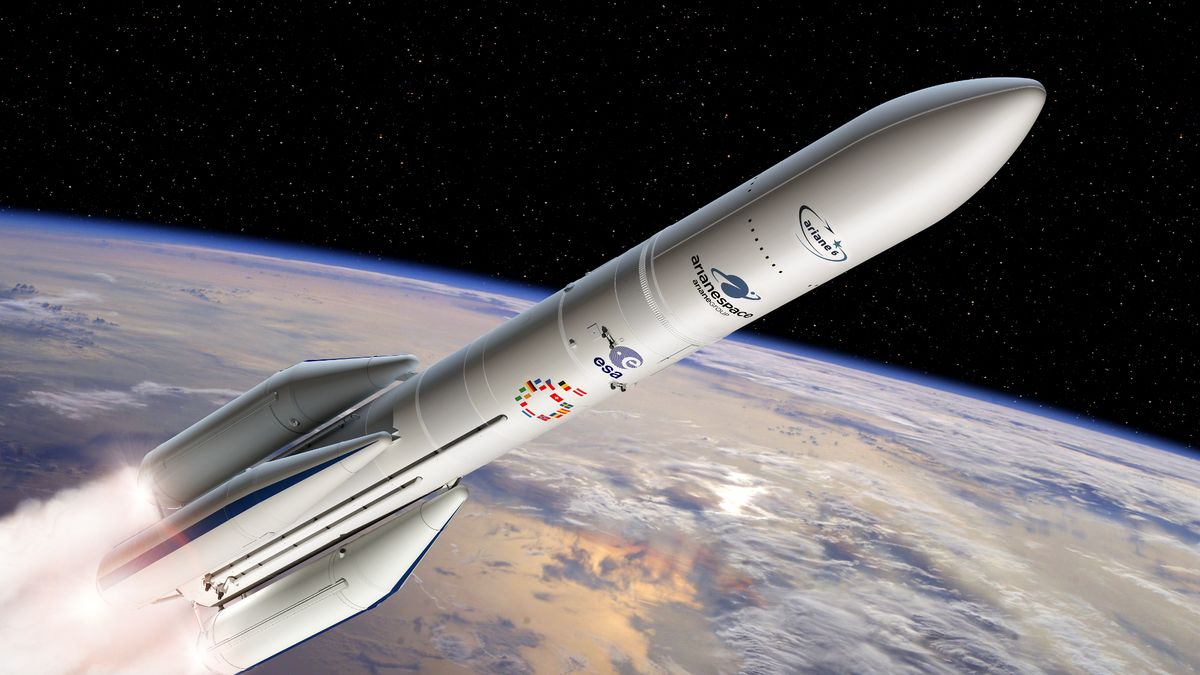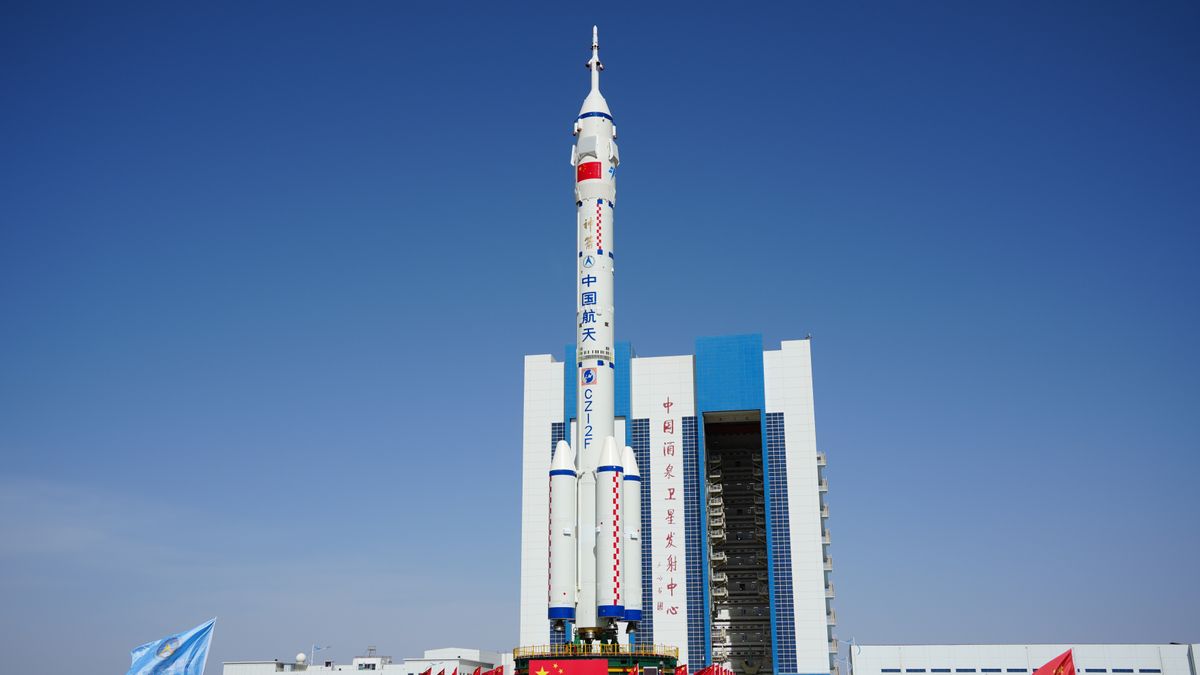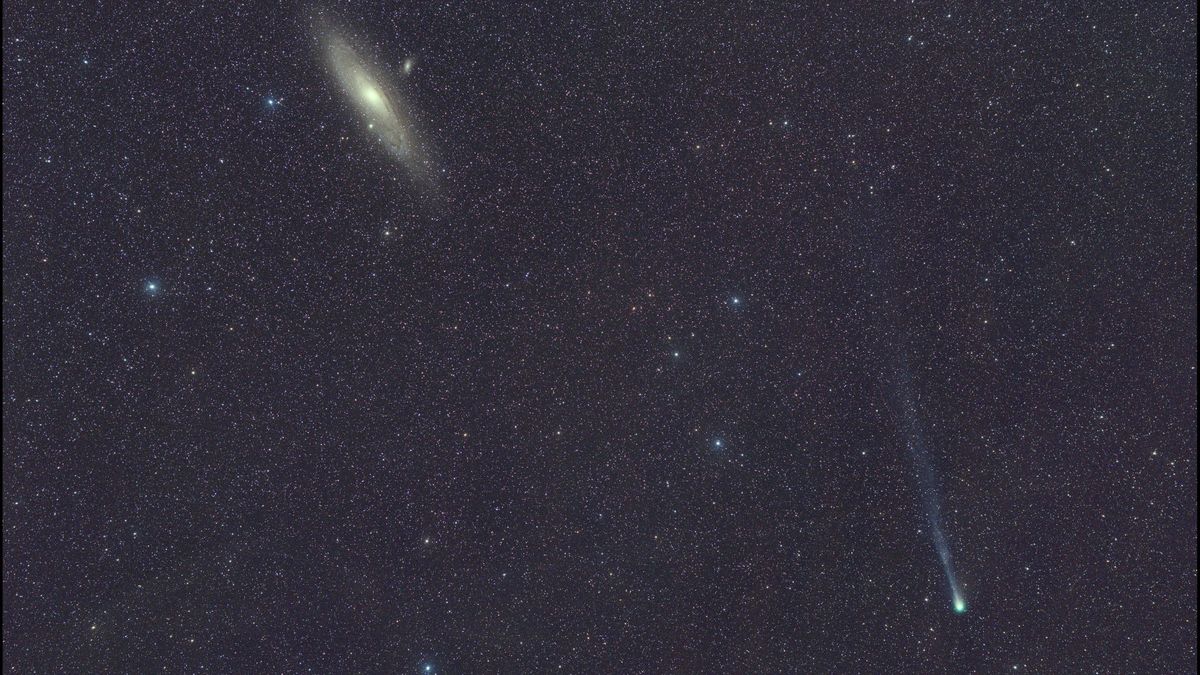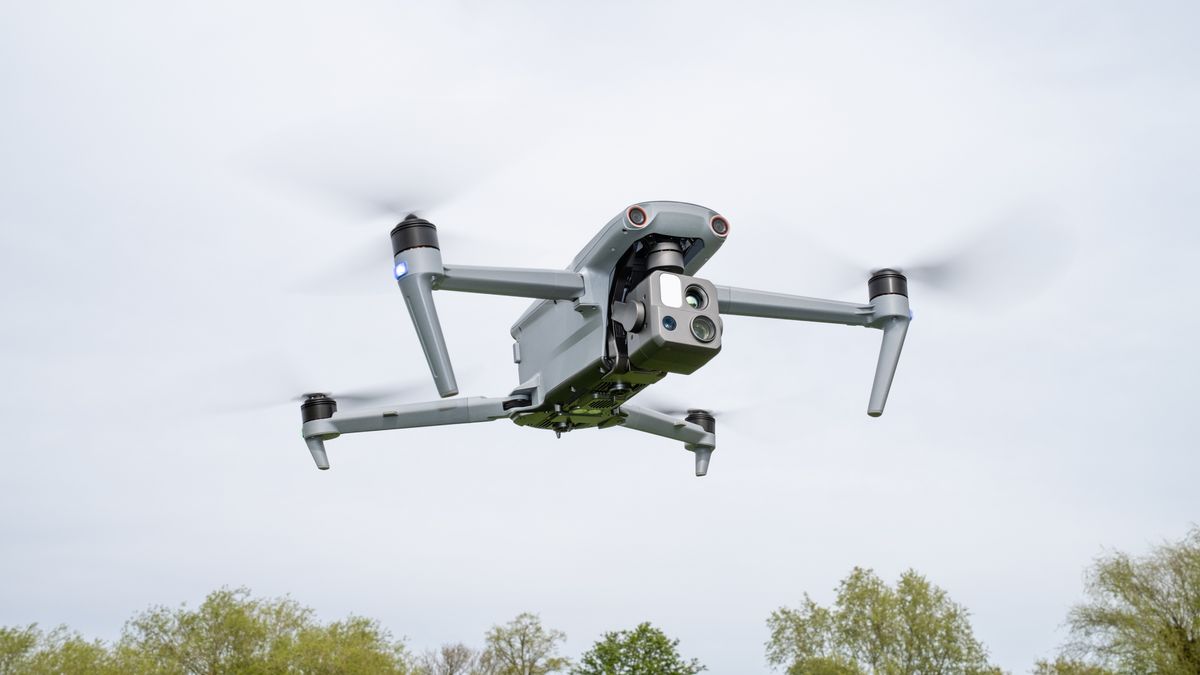Europe’s Ambitious Space Agenda
Establishing a robust and forward-thinking space program for Europe necessitates more than just political finesse; it demands a solid foundation in the realms of science and engineering. These qualities are essential when engaging with the 22 member states of the European Space Agency (ESA). Josef Aschbacher assumed the role of ESA’s director general in March 2021, entrusted with the task of advancing Europe’s space capabilities. From rockets and satellites dedicated to Earth observation, navigation, and telecommunications to robotic missions to other planets, as well as the ESA astronauts aboard the International Space Station, Aschbacher oversees a diverse array of endeavors.
“It’s a magical experience to bring all of this together, but it also involves a tremendous amount of effort,” noted Aschbacher. Numerous challenges lie ahead, one of which is ensuring Europe’s independent access to space—a critical requirement for ESA member states.
Avoiding a Launch Crisis
During an interview at the Space Foundation’s 39th Space Symposium in Colorado Springs, Aschbacher addressed ESA’s efforts to navigate through a turbulent period. Following the retirement of the Ariane 5 rocket, Europe encountered what Aschbacher described as a launch crisis. To tackle this issue, extensive coordination among industry stakeholders was initiated, with ESA assuming the role of system architect for the new Ariane 6 launcher. Rebuilding teamwork among partner organizations such as CNES, Arianespace, and ESA proved to be a crucial step in overcoming technical hurdles and ensuring progress towards achieving key milestones.
- Overcoming Challenges: Through the establishment of task forces and focused problem-solving, considerable strides have been made in addressing launch-related complexities. Aschbacher’s dedicated efforts have led to significant improvements, with the scheduled launch of Ariane 6 set between mid-June and the end of July.
Ensuring Efficient Governance
Looking towards the future, Aschbacher underscored the importance of effective governance within ESA. The alignment of roles and responsibilities between ESA, the European Union, and member states is vital to ensure optimal utilization of resources and strategic alignment. Despite the inherent complexities, Aschbacher remains committed to fostering harmonious cooperation and maximizing the synergy of assets within the organization.
Addressing Orbital Debris Challenges
Recognizing the escalating threat posed by orbital debris, ESA has taken proactive measures by spearheading the “Zero Debris Charter” initiative. Signatories of the charter commit to responsibly disposing of their satellites once they reach the end of their operational lifespan. By advocating for sustainable practices in space operations, ESA aims to mitigate the risks associated with the proliferation of space debris.
- Embracing Responsibility: ESA’s emphasis on incorporating de-orbiting mechanisms and sustainable practices in satellite design sets a precedent for responsible space operations. By proactively addressing the orbital debris challenge, ESA sets a compelling example for the global space community.
Charting a Path for Deep Space Exploration
Transitioning towards deep space exploration, ESA’s ambitious ExoMars program stands as a testament to international collaboration and scientific innovation. Originally conceived as a joint venture with NASA, the project underwent significant modifications following external challenges. Despite facing geopolitical obstacles, the program now boasts a renewed focus on Martian exploration, with a planned launch in 2028.
- Exploring New Frontiers: The ExoMars mission holds tremendous scientific promise, with the potential to uncover vital clues about the Red Planet’s past and the possibility of life beyond Earth. By leveraging international partnerships and technological expertise, ESA is at the forefront of pioneering planetary research.
As the landscape of space exploration continues to evolve, ESA remains steadfast in its commitment to pushing the boundaries of scientific discovery and advancing mankind’s understanding of the cosmos.
Image/Photo credit: source url





